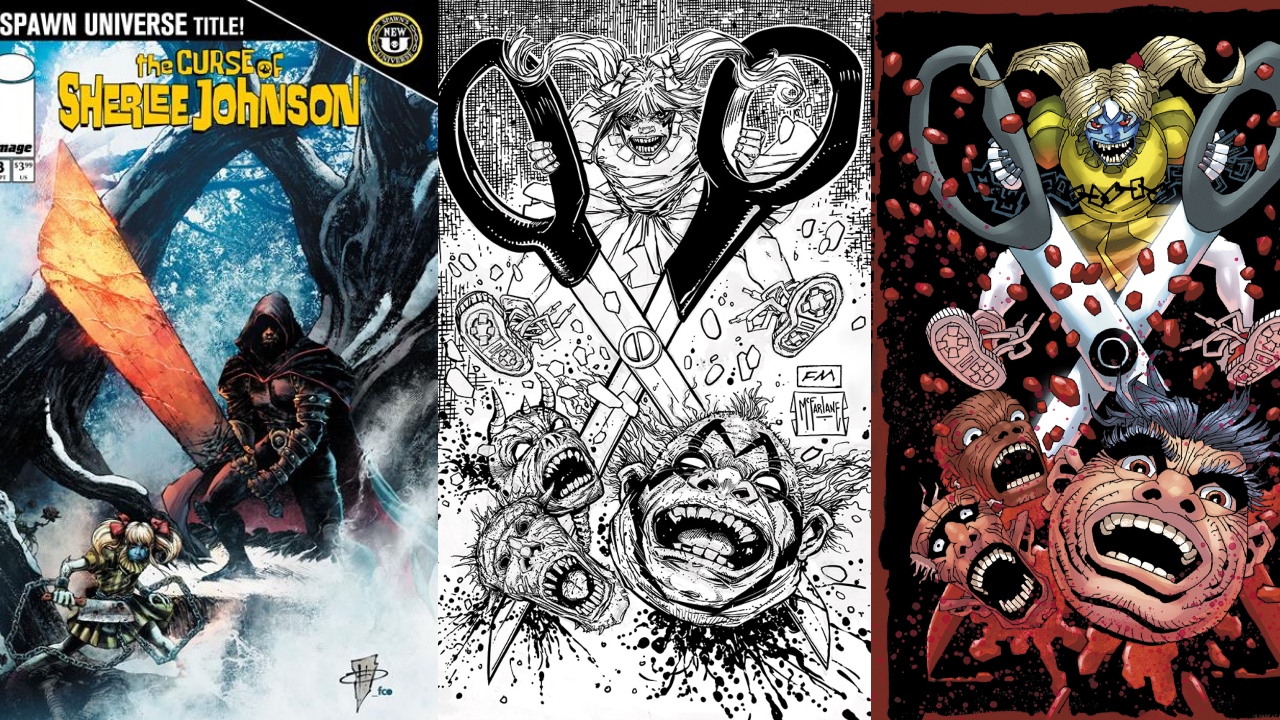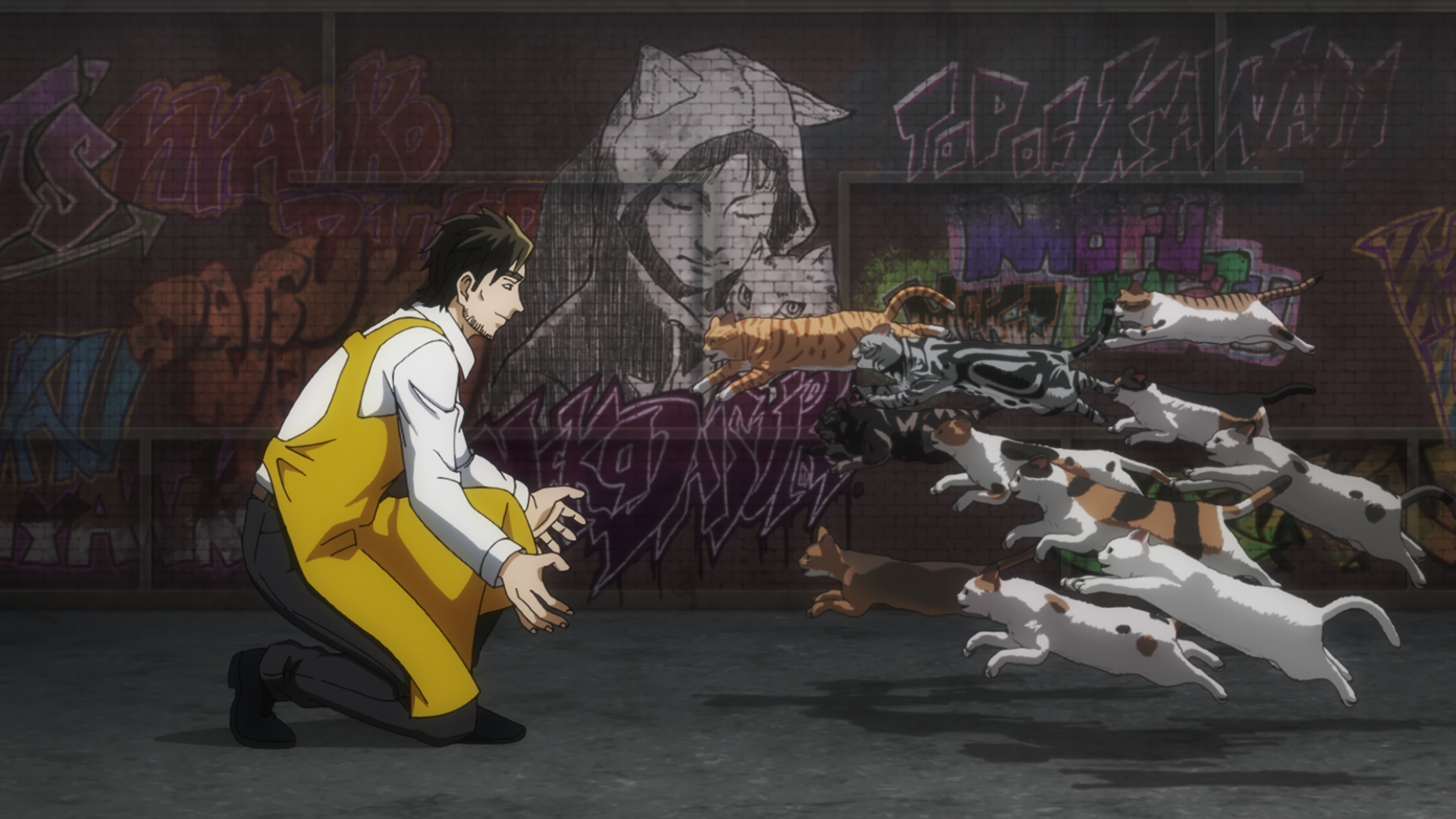While comic book movies (or superhero movies) are definitely one of the most prominent genres in today’s landscape of blockbuster films, though that’s not to say each film is exactly the same. Marvel Studios was very cognizant of the need to change things up, and as a result, each of their films utilizes tropes and styles of other subgenres.
RELATED – New Black Panther Trailer Hits! Tickets Available Now!
Among the genres that have been utilized are science fiction, space opera, heist, espionage thriller, and high school comedy. So what about their latest outing, Black Panther? Speaking with Fandango, director Ryan Coogler clarified that the film takes its influences from multiple genres. Here’s what he said:
“I think it’s got a lot of elements, man. I think it’s a bit of an espionage thriller. I think it’s a little bit of a family drama. It involves T’Challa working with his family, so I think there’s a family-drawn element to it. He works with his sister, he works with his mother. He’s dealing with the loss of his father, so similar to any film that deals with royalty, you have a family element and you have a political side, too. It works as a political drama as well…Yeah, [we can definitely see the comparisons with] James Bond. I think similar to Captain America: The Winter Soldier, we’re definitely influenced by the films of the ’70s and influenced by crime fiction.”
Based on what we’ve seen so far in the trailers, it does seem most similar to the past two Captain America films, and that makes sense since he was introduced in Captain America: Civil War. However, the film is also willing to pave its own way with its family and political drama, and that’s an area that the Marvel Cinematic Universe has never tackled before (unless you count Thor, which works more on a Shakespearean level than a modern political one).
Are you excited to see what elements Black Panther brings to the MCU? Let us know down below!
Don’t forget to share this post on your Facebook wall and with your Twitter followers! Just hit the buttons on the top of this page.
SOURCE: Fandango

 FOR FANBOYS, BY FANBOYS
Have you checked out LRM Online’s official podcasts and videos on The Genreverse Podcast Network? Available on YouTube and all your favorite podcast apps, This multimedia empire includes The Daily CoG, Breaking Geek Radio: The Podcast, GeekScholars Movie News, Anime-Versal Review Podcast, and our Star Wars dedicated podcast The Cantina. Check it out by listening on all your favorite podcast apps, or watching on YouTube!
Subscribe on: Apple Podcasts | Spotify | SoundCloud | Stitcher | Google Play
FOR FANBOYS, BY FANBOYS
Have you checked out LRM Online’s official podcasts and videos on The Genreverse Podcast Network? Available on YouTube and all your favorite podcast apps, This multimedia empire includes The Daily CoG, Breaking Geek Radio: The Podcast, GeekScholars Movie News, Anime-Versal Review Podcast, and our Star Wars dedicated podcast The Cantina. Check it out by listening on all your favorite podcast apps, or watching on YouTube!
Subscribe on: Apple Podcasts | Spotify | SoundCloud | Stitcher | Google Play




